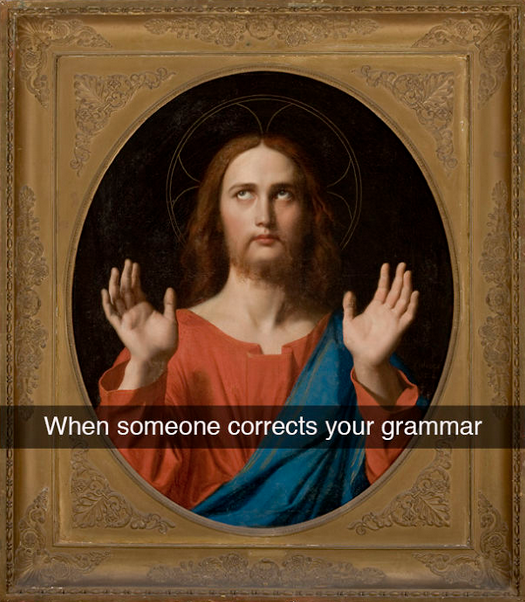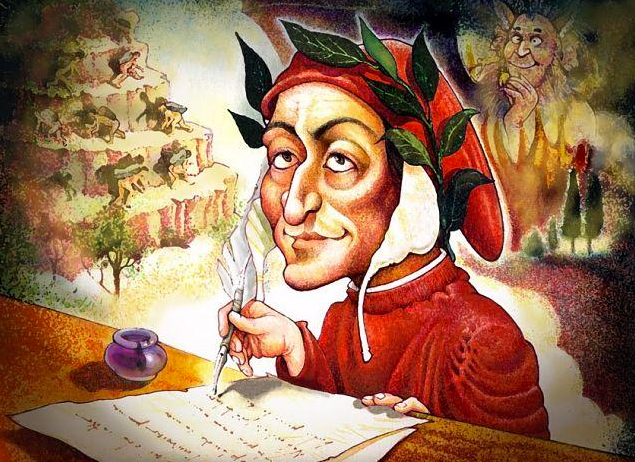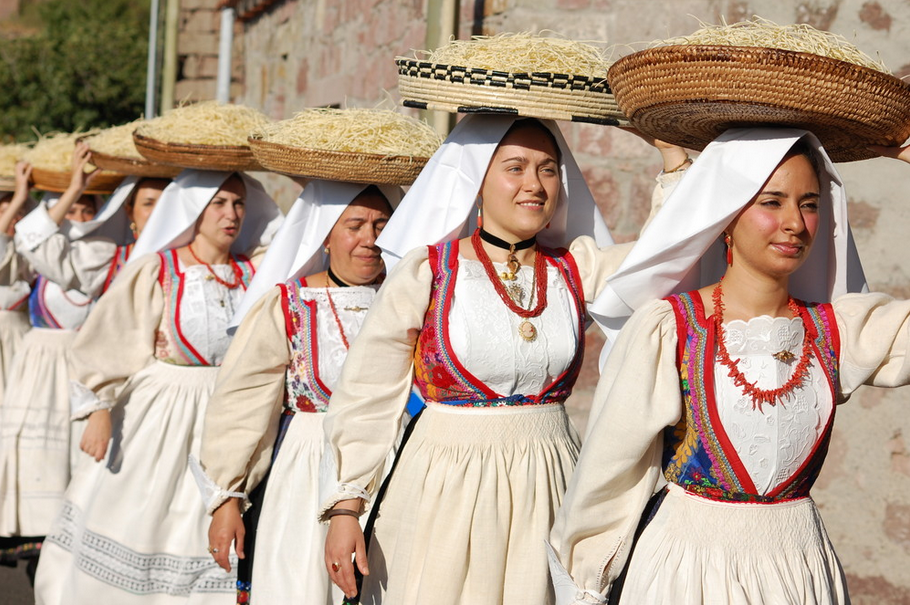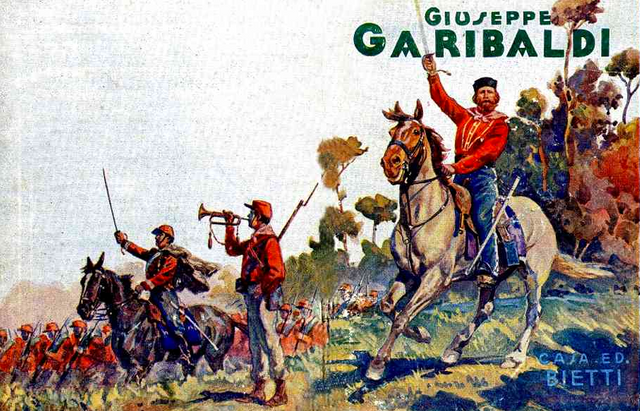7 things about Italians

Welcome back to everyone! But above all welcome back to me, after days spent in exams ... the university is like that, what you want to do with it. Well, thanks to the last exams I resumed studying Italian linguistics, and I found interesting curiosities that I would like to share with you. After all, you must first know the culture of a nation if you want to learn that language. So let's start immediately with 7 trivia about the Italian language!
1: It's true that Italian derives from Latin, but not from the classical Latin that is studied at school. In fact it derives from the vulgar Latin, closer to the plebeian one of the Republican era, spoken by soldiers, peasants and inhabitants of the Roman provinces. In classical Latin, for example, head (ITA. "testa") is called caput. Testam, from which the word derives, was instead the terracotta vase: the term may have been used in a playful tone in the vulgar Latin to indicate the head (of crock, ITA. "di coccio"). Hence the preference of testam with respect to caput in Italian!
2: From the contamination between the vulgar Latin with the languages of the invaders (Longobards, Franks, Goths) comes the vernacular, from which (long) evolution Italian will be born. Among the first to believe that the vernacular was to replace the Latin was Dante Alighieri, who dedicated a work to the question: the De vulgari eloquentia (1303-1305), which i recommend if you want to learn italian so well (obviously also the "Divina Commedia" is a great helper lol).

3: The oldest document in Italian? It is a notarial deed: the Capuchin Placito of 960, where some vulgar formulas appear in a text almost entirely in Latin. But the oldest written evidence of Italian is an inscription on the wall in the Catacombs of Commodilla (in Via delle Sette Chiese in Rome), which dates back to the VI-IX century: an invitation not to tell the secrets aloud (probably invitation from a religious to his colleagues to recite their prayers in a low voice).
4: In Italy so many dialects are spoken that according to the Treccani Encyclopedia it is even difficult to count them! For convenience, scholars divide Italy into three large dialect areas: the La Spezia-Rimini line separates the northern one from the central one, which is divided by the southern area from the Rome-Ancona line. Linguists define Italian as Italian for those who have dialect as their mother tongue and have acquired the national language imperfectly.

5: Then there are the territorial languages, from which the various dialects descend. Also according to the Ethnologue website, the most widespread is the Neapolitan with 5.7 million speakers. Followed by the Sicilian (4.7 million speakers), the Veneto (3.8 million), the Lombard (3.6 million), the Piedmontese (1.6 million). The less spoken is the Croatian, in Molise (1,000 people).
6: At the foundation of the Kingdom of Italy, in 1861, 80% of Italians were illiterate and only 8.9 per thousand of the population had a higher education than primary school! Exactly one hundred years later, in 1961, the illiterates were less than 9%. And in 1971, the figure had shrunk to just over 5% of the Italian population. In 2001, according to Istat, the illiterate Italians were "only" 2%, so don't worry: we're not ignorant anymore!

7: According to the linguist Tullio De Mauro, not only the school has contributed to linguistic unification since the foundation of the Kingdom of Italy, but also several factors: the press, emigration, bureaucracy, the army (with mandatory military service for example) urbanization. And the war also played its part: the soldiers at the front were forced to speak Italian to understand each other. Then the radio and the TV arrived.
I think there's nothing else to say for now. I hope you enjoyed the article, I greet you and remember: l'italiano è facile se sai cosa fanno gli italiani!
Grazie!
I have been wondering is there a single basic language from which all languages developed. And what causing languages to alter and change by time?
Congratulations @meowlow! You received a personal award!
Click here to view your Board
Congratulations @meowlow! You received a personal award!
You can view your badges on your Steem Board and compare to others on the Steem Ranking
Vote for @Steemitboard as a witness to get one more award and increased upvotes!